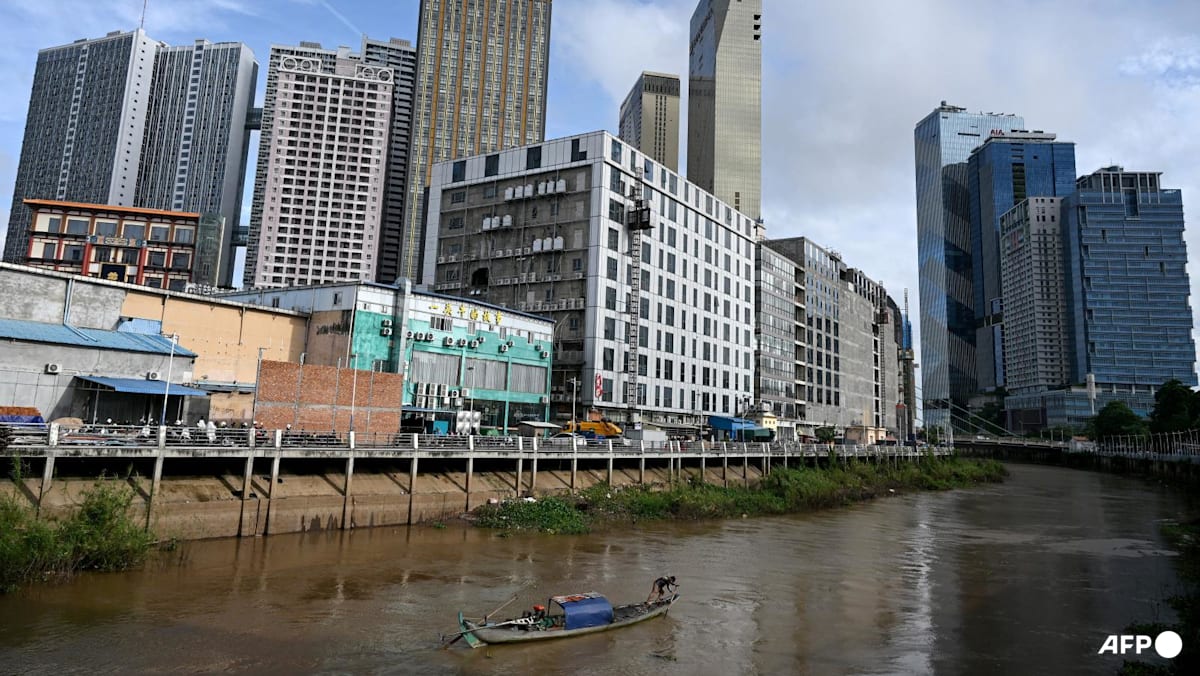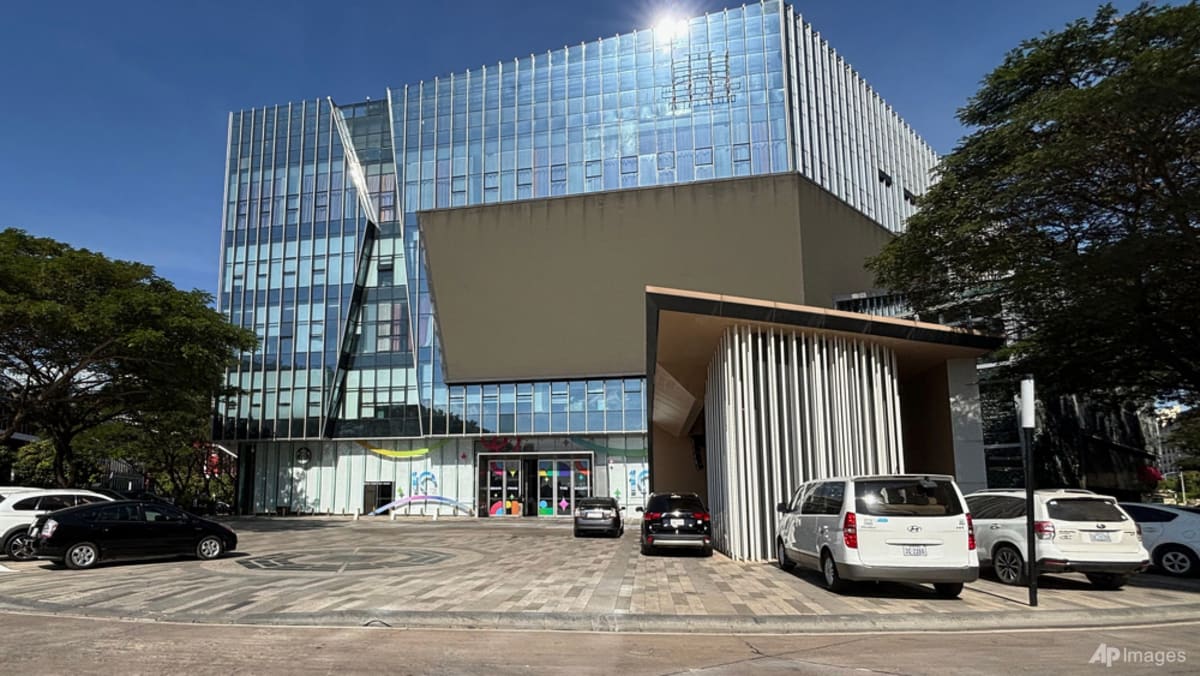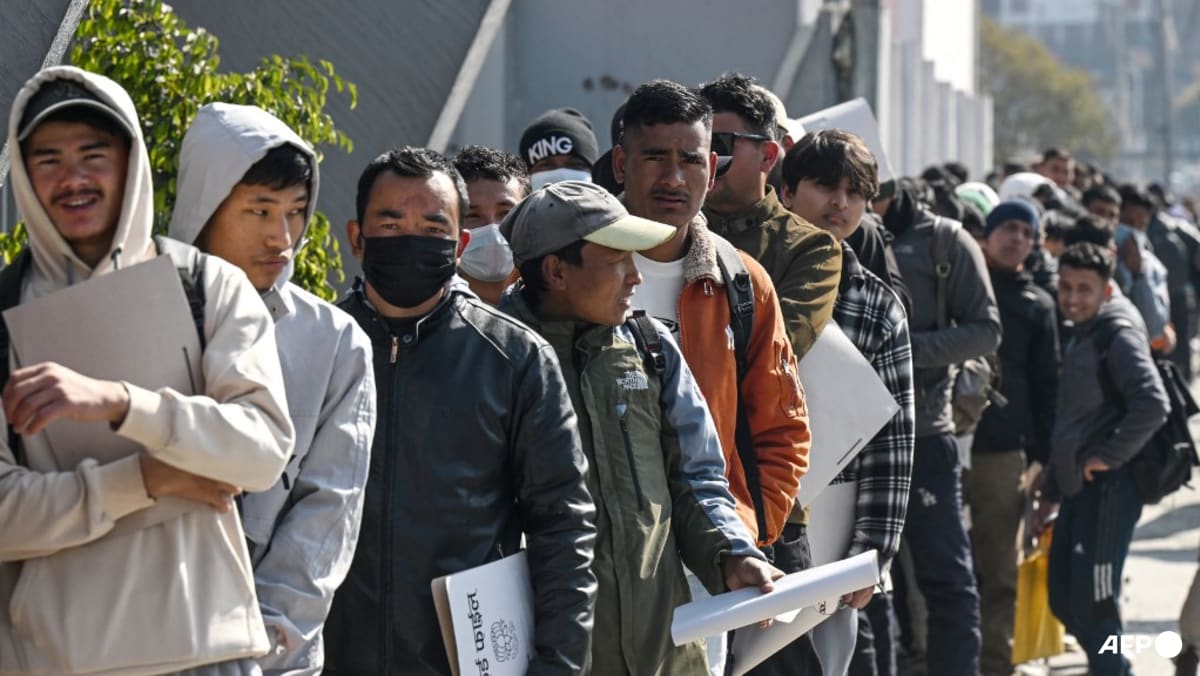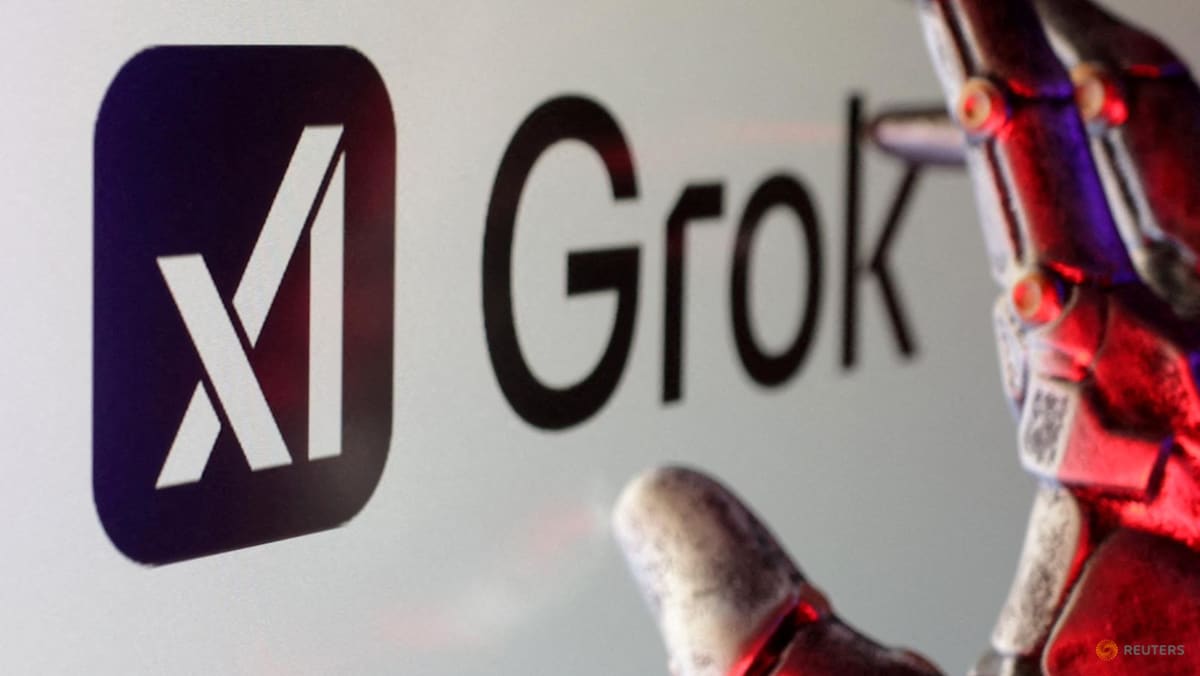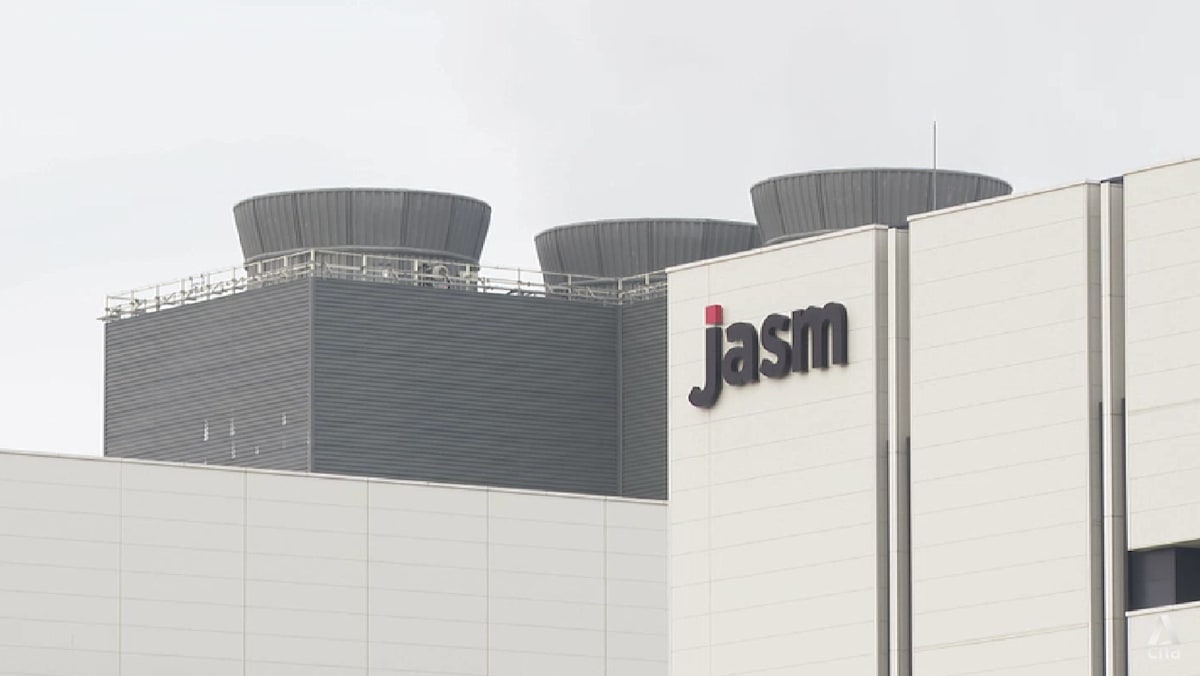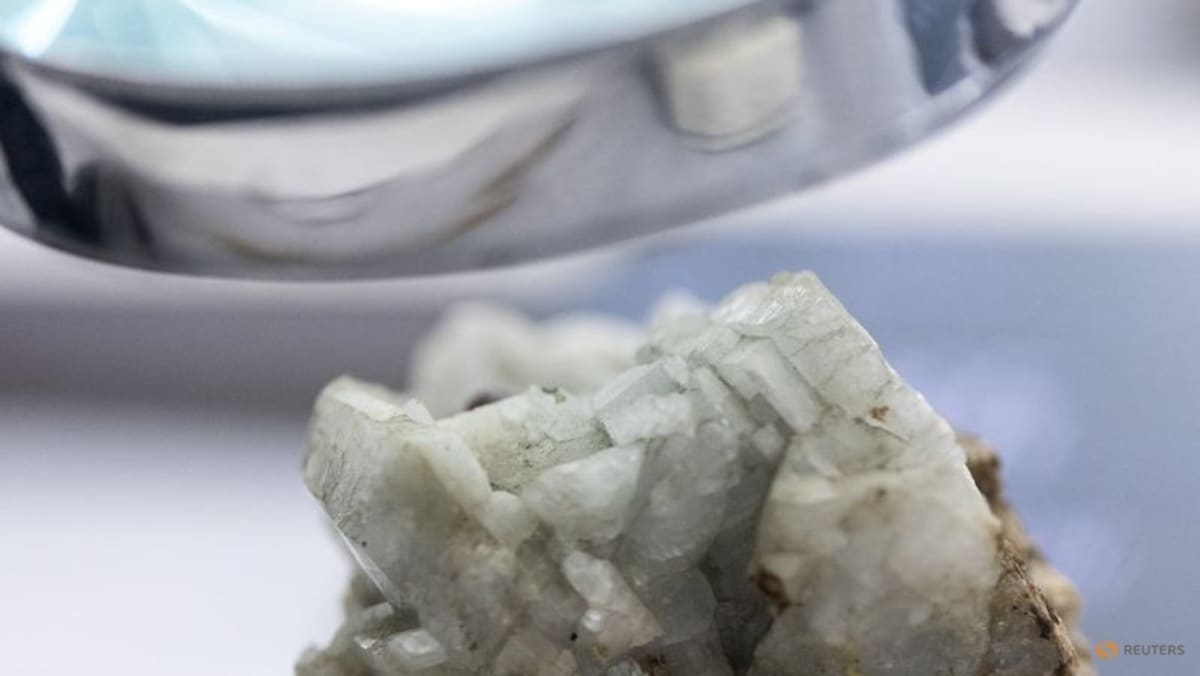Indonesia’s Jokowi to push for domestic seaweed processing, including for fuel
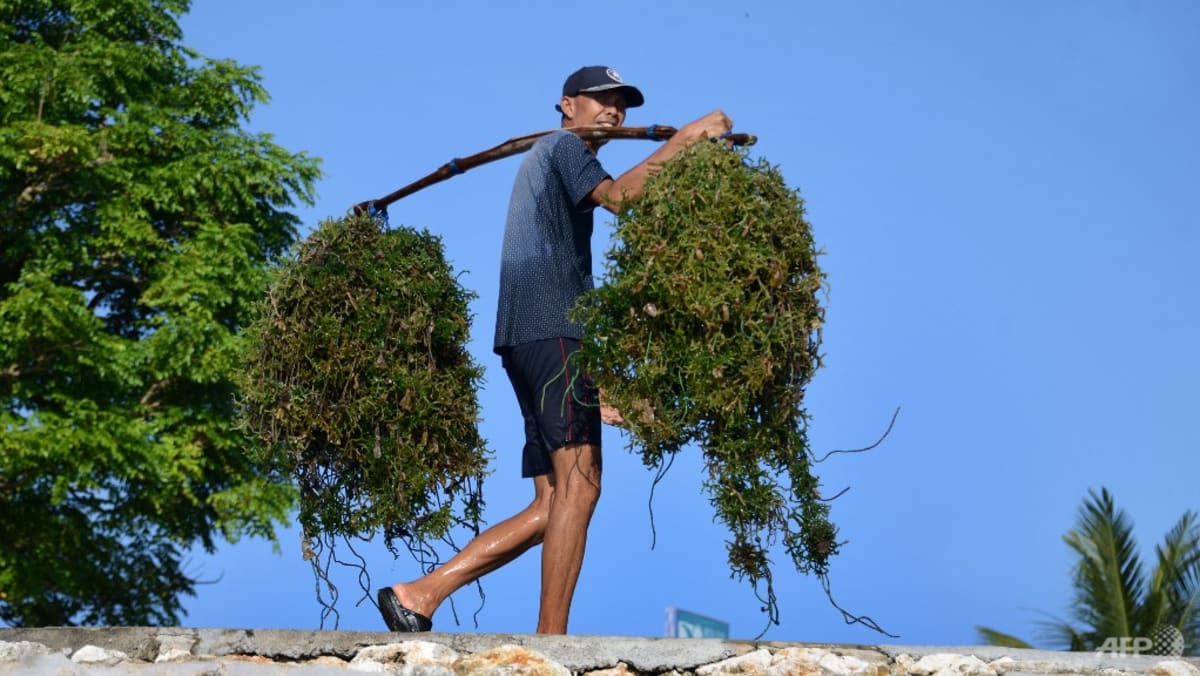
JAKARTA: Indonesia President Joko Widodo on Thursday (Nov 2) said the government will push for the development of a domestic seaweed processing industry, including for the production of fuel.
Speaking at a business conference, Jokowi, as the president is known, said he will implement downstream policy for other commodities after successfully implementing it on mineral resources.
Resource-rich Indonesia banned exports of nickel ore to favour domestic processing in 2020, which attracted billions of dollars in investments into smelters to produce metals, and facilities to extract the materials used in electric vehicle batteries.
He said the downstream policy will also be implemented on agriculture products such as seaweed, which the archipelago country is the world’s second-largest producer of.
“Not only for pharmaceutical and cosmetics, (seaweed) can also be used to produce bioethanol,” Jokowi said.
Indonesia’s seaweed output this year is estimated at 10.2 million metric tons, he said, and most are exported raw.
Bioethanol is typically produced from sugar molasses but certain types of seaweed have been promoted as alternative feedstock to produce the renewable fuel.
Indonesia is seeking to increase its bioethanol production capacity as it aims to expand the portion of renewable fuel in its energy consumption.
It mandates the use a biodiesel called B35, which contains 35 per cent fuel made from palm oil, but has not mandated the use of a bioethanol mix in gasoline due to the limited supply of sugar.
Authorities have also suggested using cassava as a potential source of bioethanol.
Source: CNA


